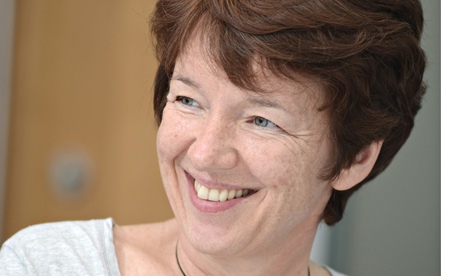2. 06/01/2014 - Beyonce puts surprise album on iTunes
3. 06/01/2014 - Storms across Britain leave five dead and Christmas travel in chaos
4. 08/01/2014 - 11m programmes watched on BBC iPlayer at New Year: More watch shows on tablets than on laptops
5. 16/01/2014 - More than 11 million teens have left Facebook since 2011 as messaging apps take over, new report claims
6. 20/01/2014 - Culture of secrecy blamed for BBC's failure to stop Jimmy Savile's crimes
7. 21/01/2014 - The 'death of Facebook' has been 'greatly exaggerated'
8. 29/01/2014 - As it's revealed one in three children use a tablet before they can talk, a father's alarming story: The day I realised my toddler was addicted to the iPad
9. 30/01/2014 - Google to sell Motorola unit to Lenovo in $2.9bn deal
10. 11/02/2014 - Give parents on Facebook a break! The REAL reason you see so many baby posts is because they're getting the most likes
11. 11/02/2014 - Teen ‘sexting’ photos on web sold to paedophiles: Children 'unaware' that explicit images are being circulated on the internet
12. 11/02/2014 - Flappy Bird is dead - but brilliant mechanics made it fly
13. 03/03/2014 - Boy, 12, who raped his sister, 7, after watching pornography on an Xbox walks free from court
14. 03/03/2014 - Children who have a TV in their bedroom ARE fatter - even if they rarely watch it
15. 25/03/2014 - Yahoo aspires to mirror the success of Netflix's House of Cards
16. 25/03/2014 - Thousands of Morrisons staff personal details leaked online
17. 25/03/2014 - Boy, 12, raped younger sister after viewing porn on games console
18. 25/03/2014 - Thousands of Morrisons staff personal details leaked online
19. 25/03/2014 - Boy, 12, raped younger sister after viewing porn on games console
20. 03/04/2014 - Trick or tweet: the boy who hoaxed the football world
21. 03/04/2014 - No-makeup selfies raise £8m for Cancer Research UK in six days
22. 07/05/2014 - Death threats on social networking sites from muslims
23. 07/05/2014 - Forget filesharers; all about anti-piracy.
24. 07/05/2014 - WiFi routers; huge internet attacks in UK.
25. 07/05/2014 - Media powers struggle?
26. 07/05/2014 - Self-service checkouts reducing theft at supermarkets
27. 08/05/2014 - The PANIC BUTTON app.
28. 08/05/2014 - Apps/tablets causing obesity ?
29. 08/05/2014 - Computer generated patients could save NHS
30. 08/05/2014 - "The internet paid for my sex change"
21. 03/04/2014 - No-makeup selfies raise £8m for Cancer Research UK in six days
22. 07/05/2014 - Death threats on social networking sites from muslims
23. 07/05/2014 - Forget filesharers; all about anti-piracy.
24. 07/05/2014 - WiFi routers; huge internet attacks in UK.
25. 07/05/2014 - Media powers struggle?
26. 07/05/2014 - Self-service checkouts reducing theft at supermarkets
27. 08/05/2014 - The PANIC BUTTON app.
28. 08/05/2014 - Apps/tablets causing obesity ?
29. 08/05/2014 - Computer generated patients could save NHS
30. 08/05/2014 - "The internet paid for my sex change"




